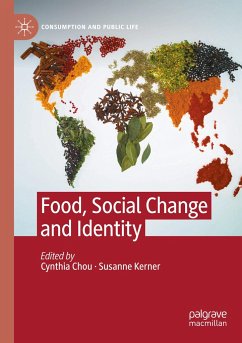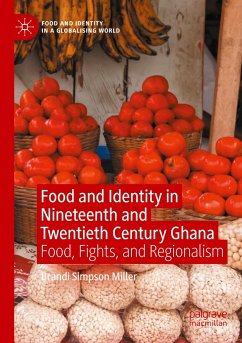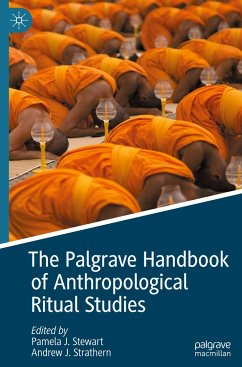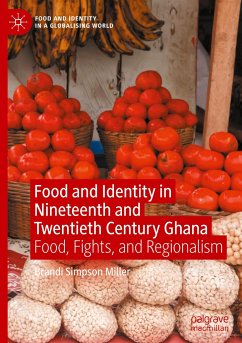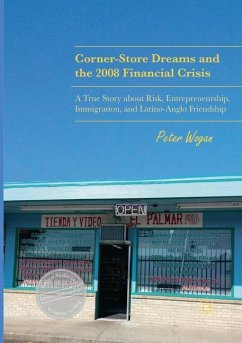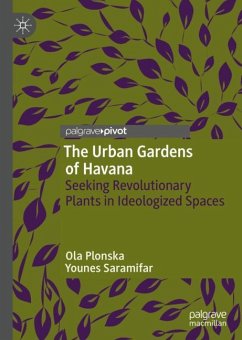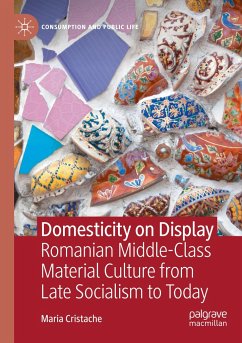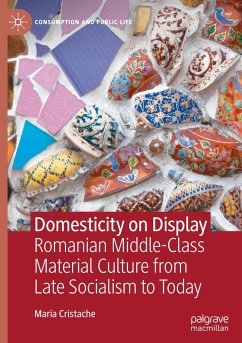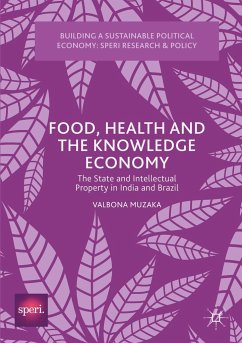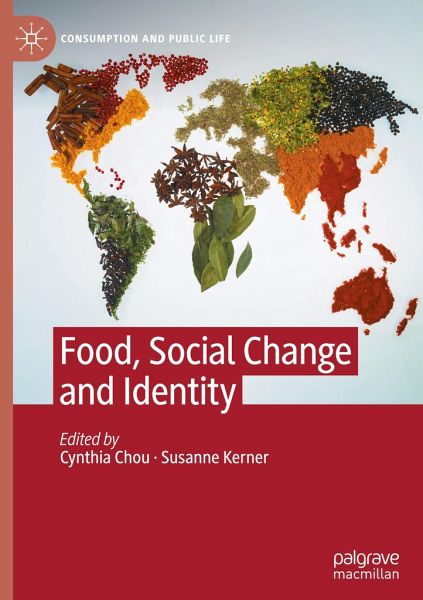
Food, Social Change and Identity

PAYBACK Punkte
49 °P sammeln!
Unlike food publications that have been more organized along regional or disciplinary lines, this edited volume is distinctive in that it brings together anthropologists, archaeologists, area study specialists, linguists and food policy administrators to explore the following questions: What kinds of changes in food and foodways are happening? What triggers change and how are the changes impacting identity politics? In terms of scope and organization, this book offers a vast historical extent ranging from the 5th mill BCE to the present day. In addition, it presents case studies from across th...
Unlike food publications that have been more organized along regional or disciplinary lines, this edited volume is distinctive in that it brings together anthropologists, archaeologists, area study specialists, linguists and food policy administrators to explore the following questions: What kinds of changes in food and foodways are happening? What triggers change and how are the changes impacting identity politics? In terms of scope and organization, this book offers a vast historical extent ranging from the 5th mill BCE to the present day. In addition, it presents case studies from across the world, including Asia, the Pacific, the Middle East, Europe and America. Finally, this collection of essays presents diverse perspectives and differing methodologies. It is an accessible introduction to the study of food, social change and identity.



